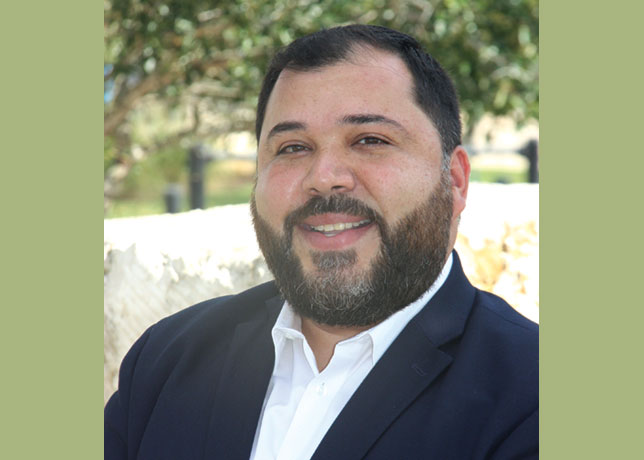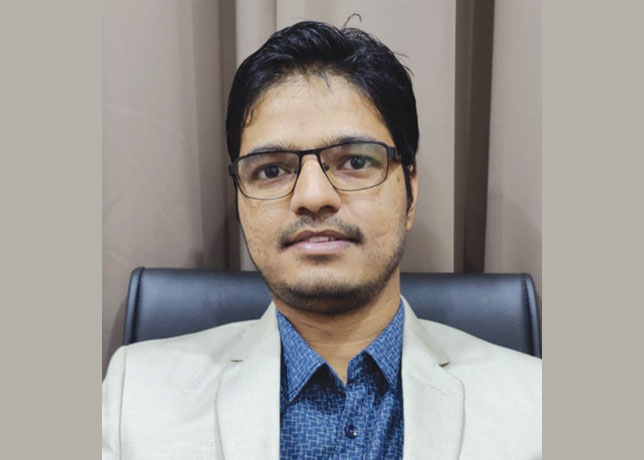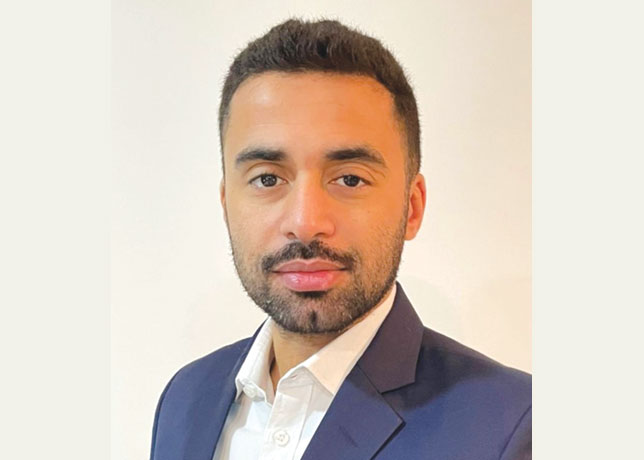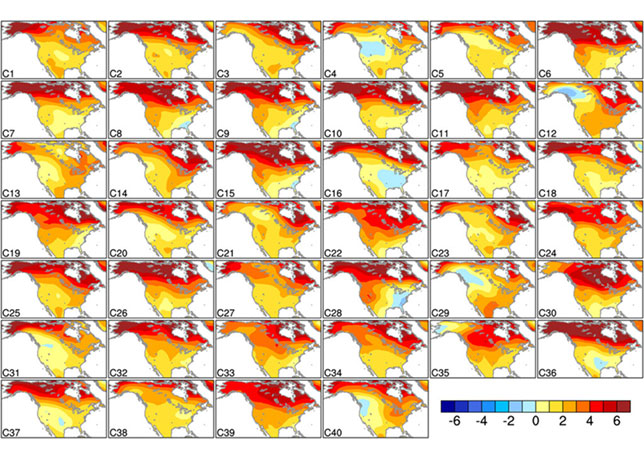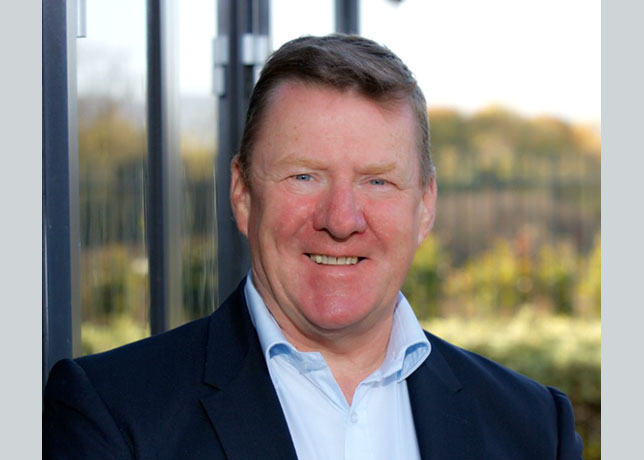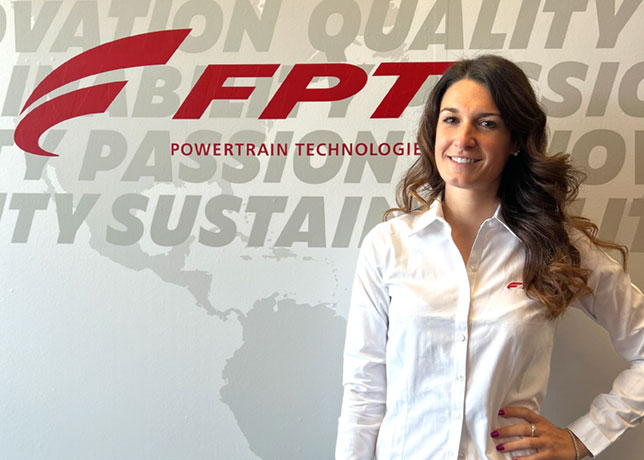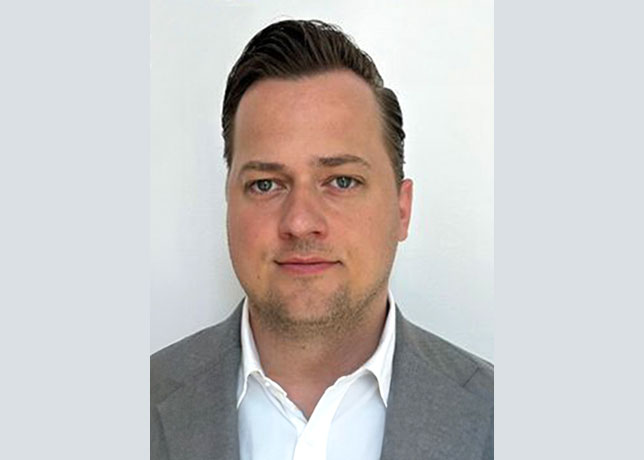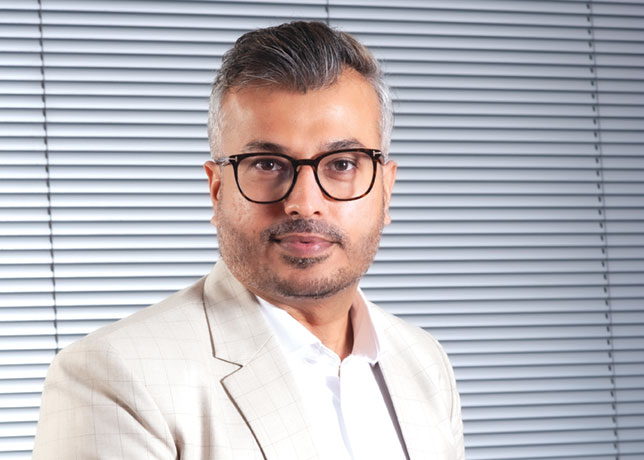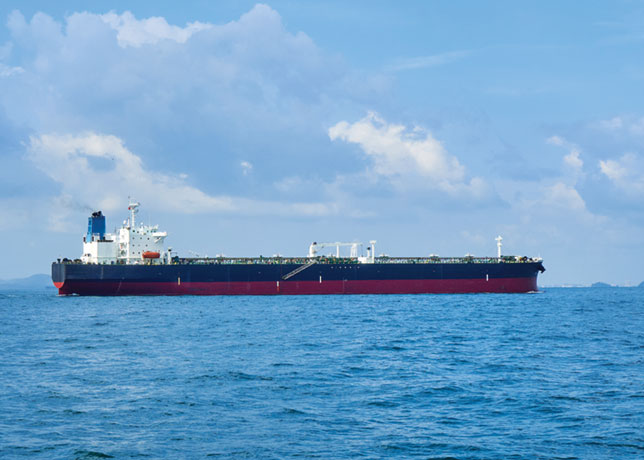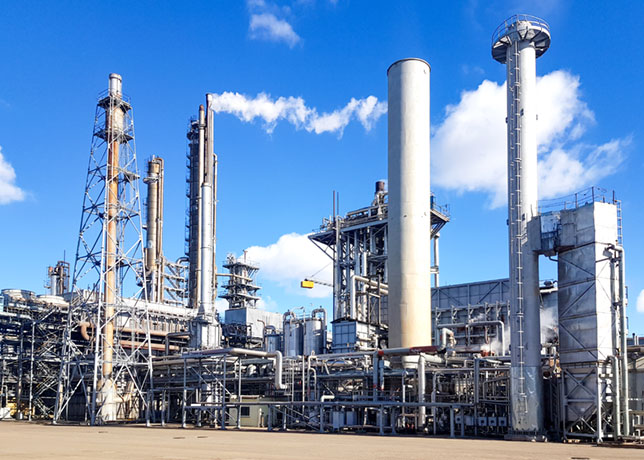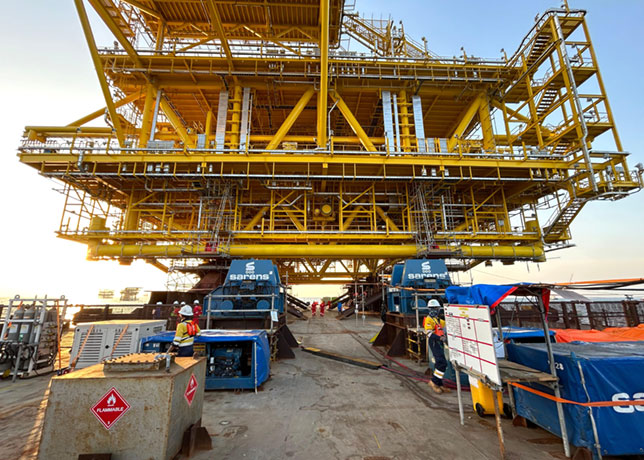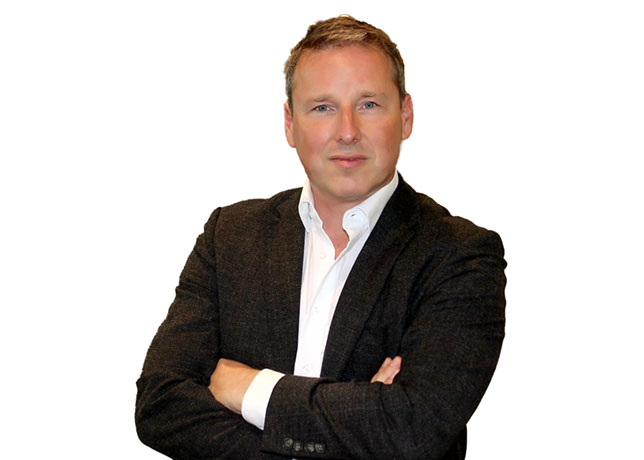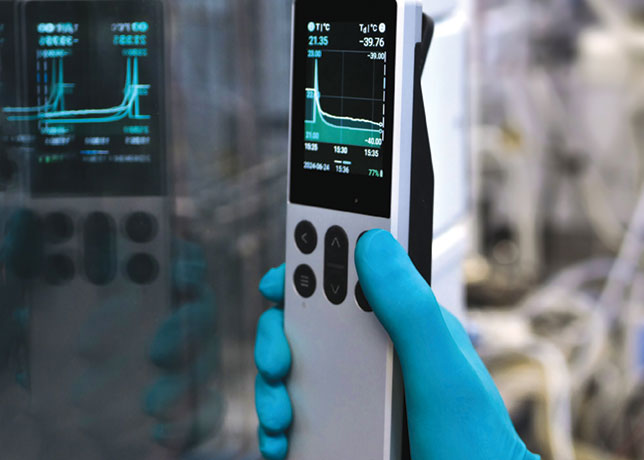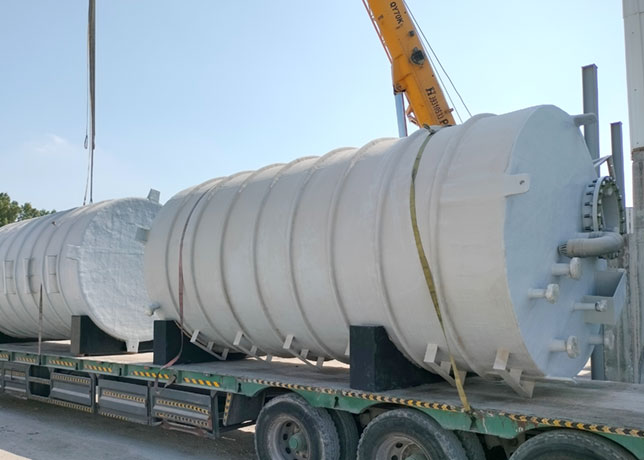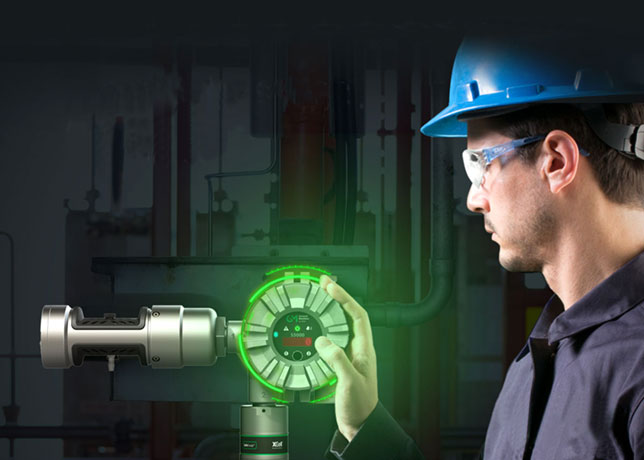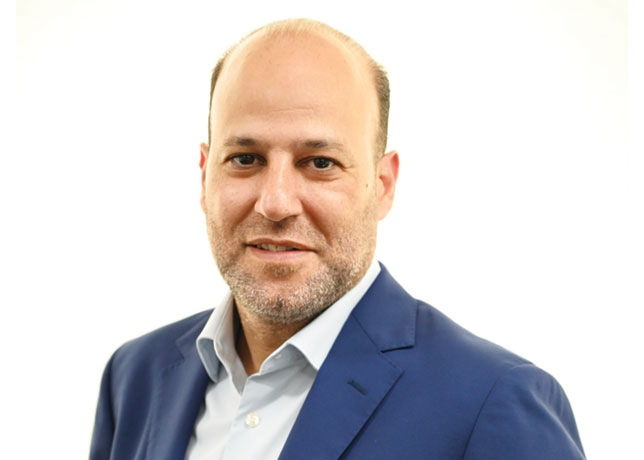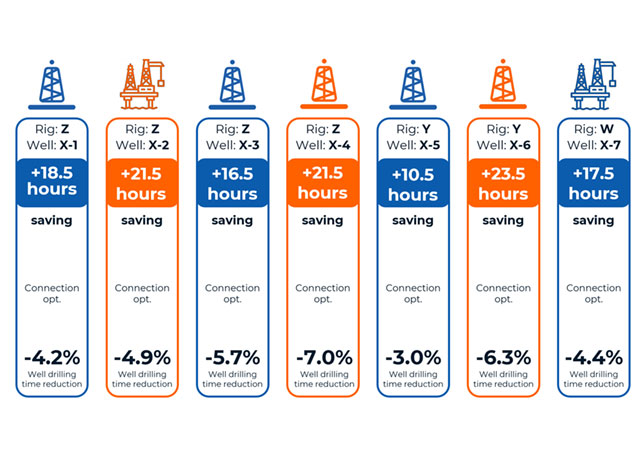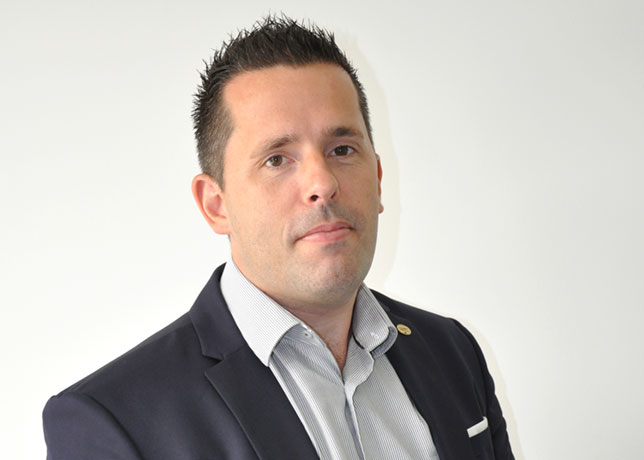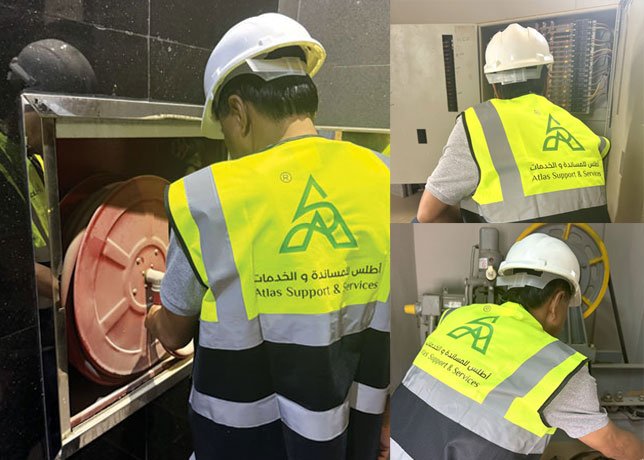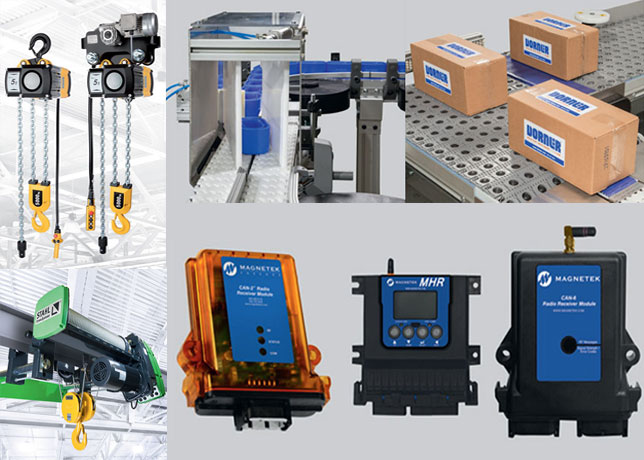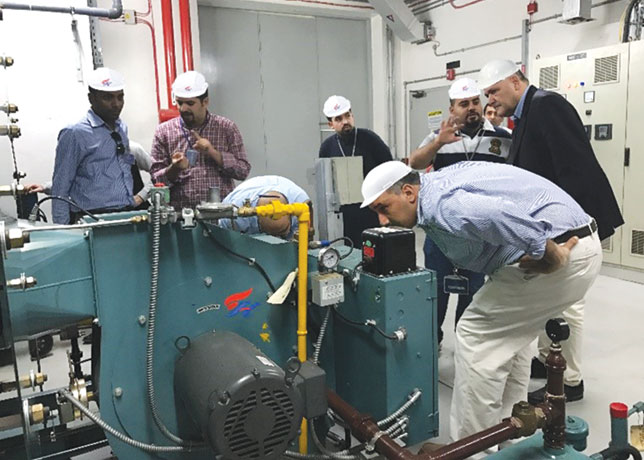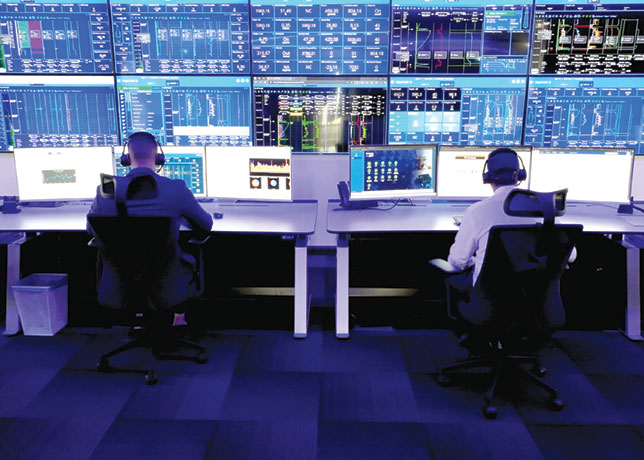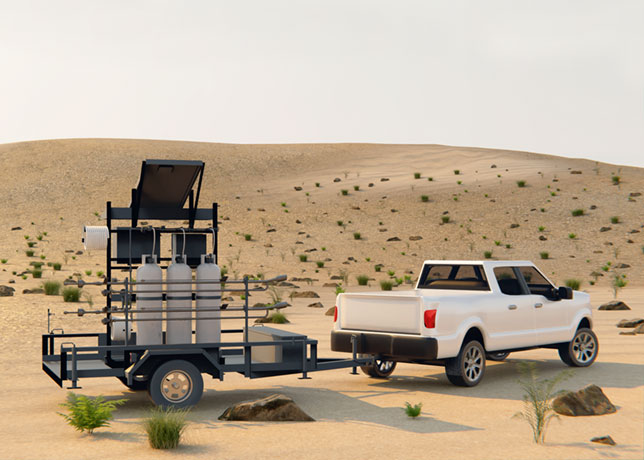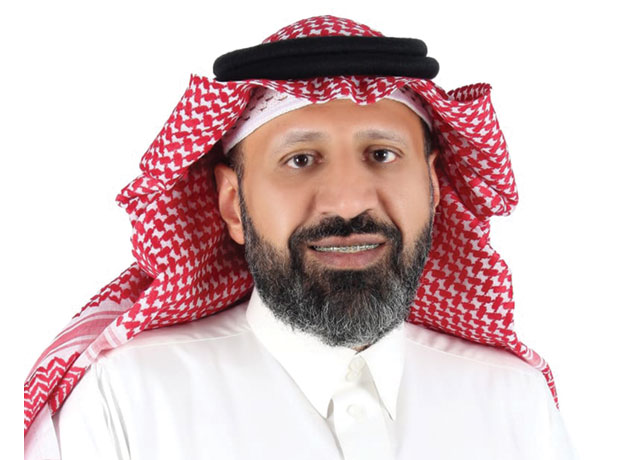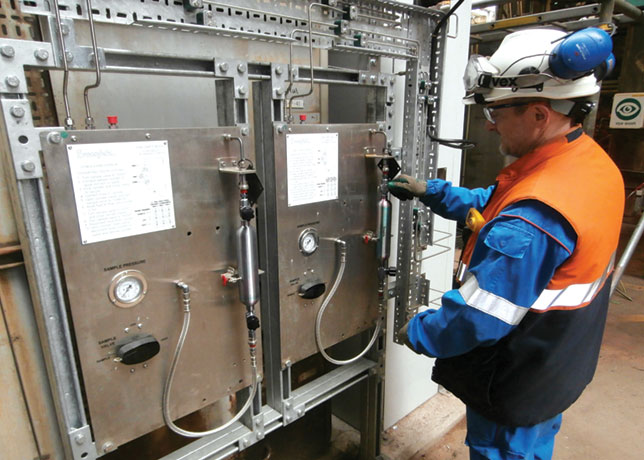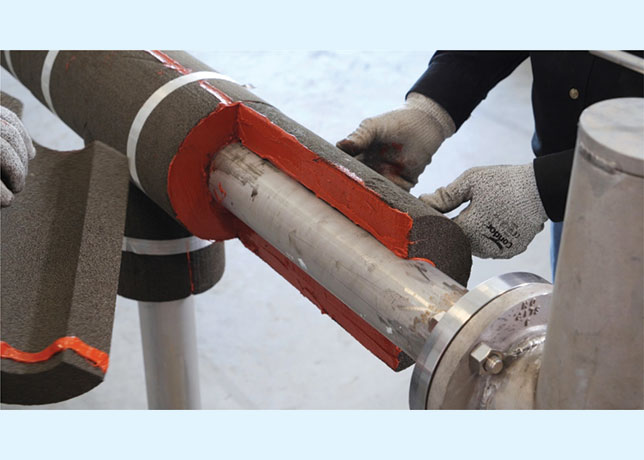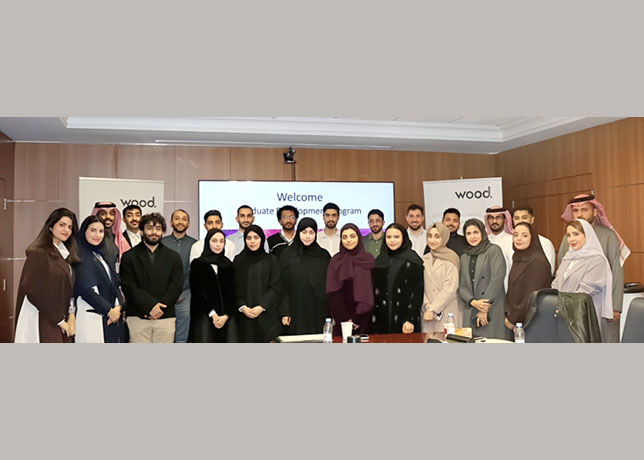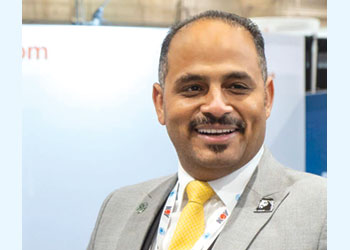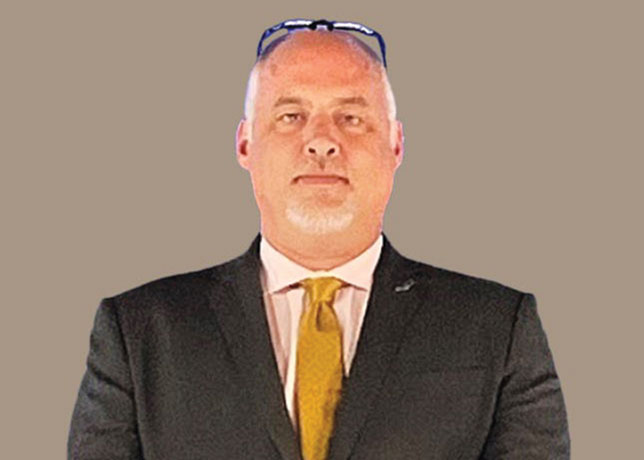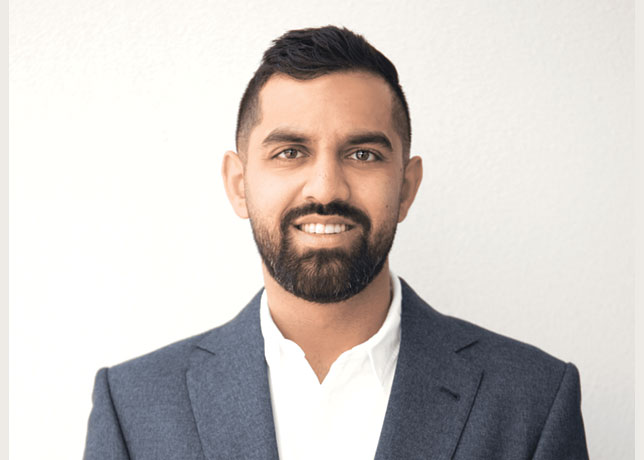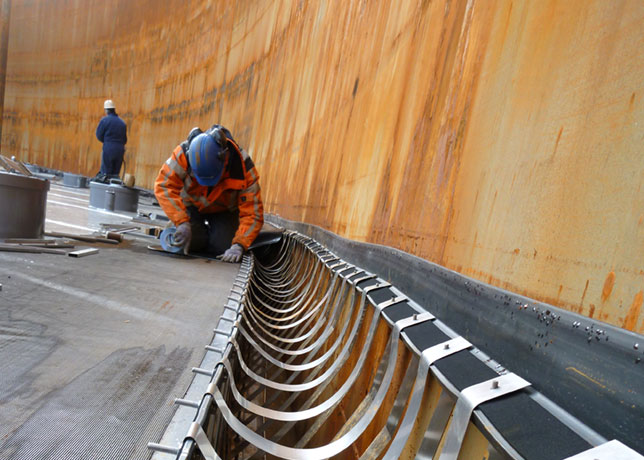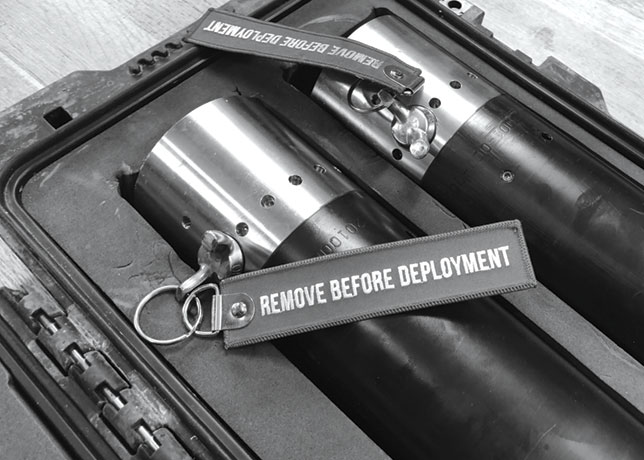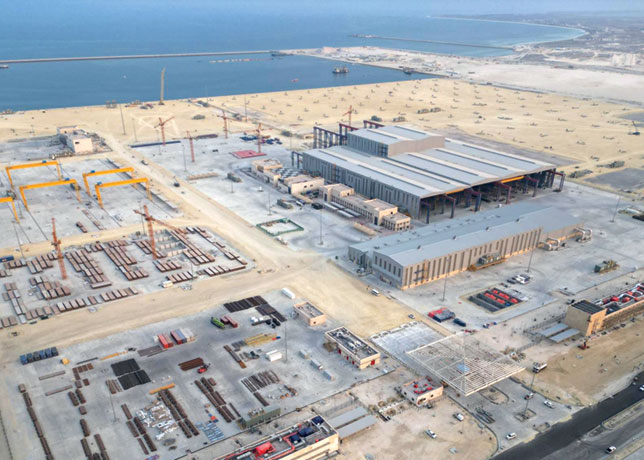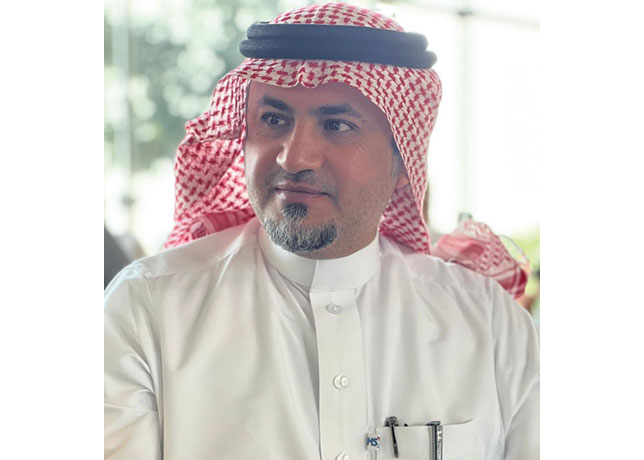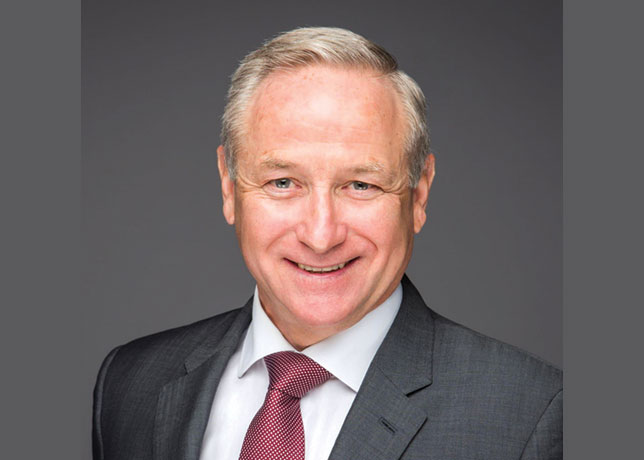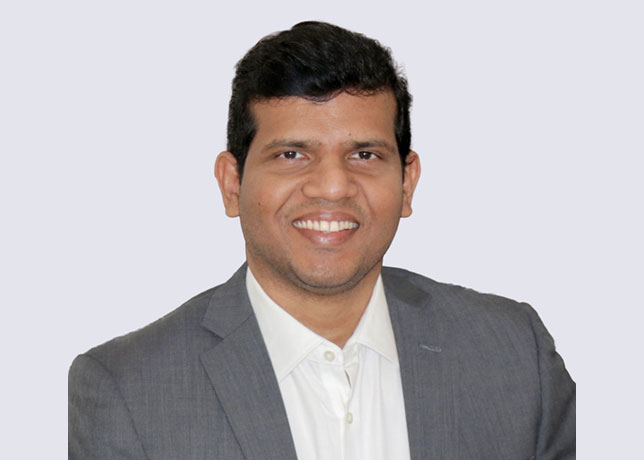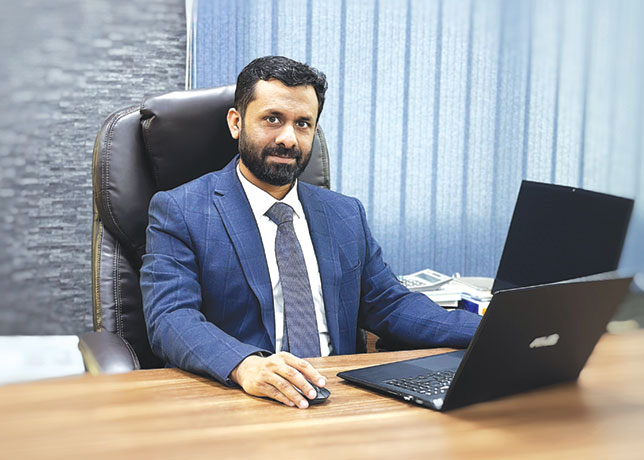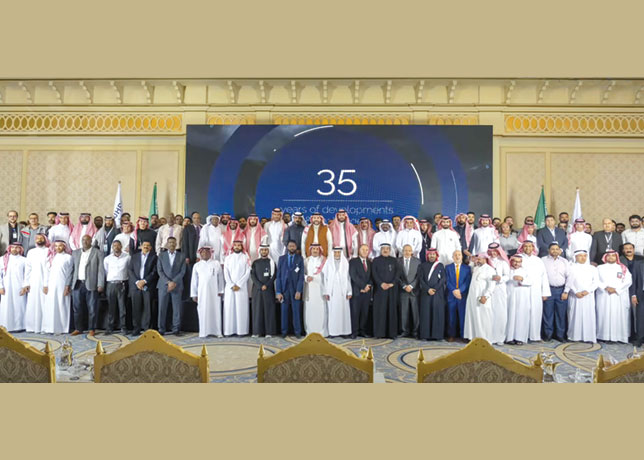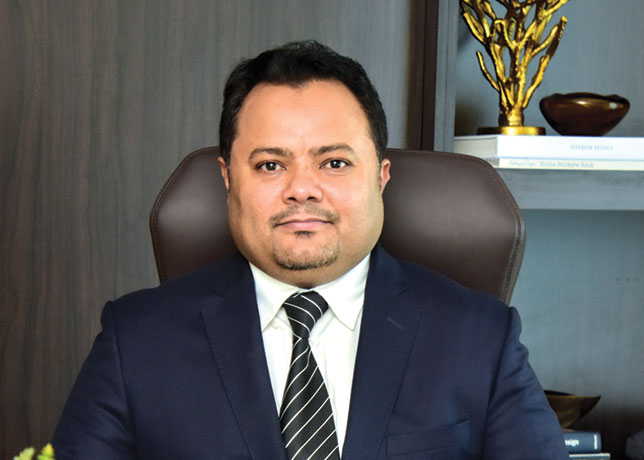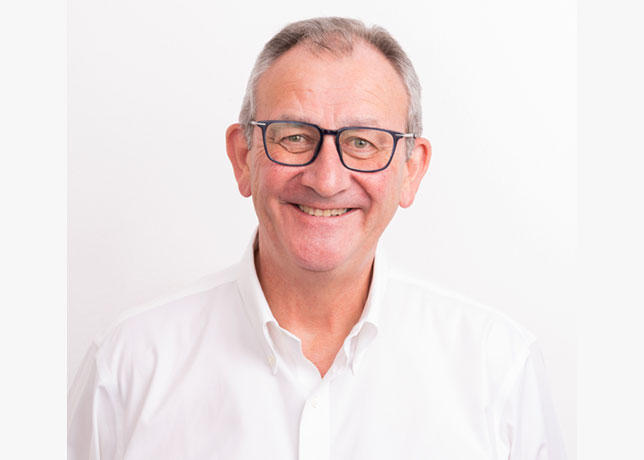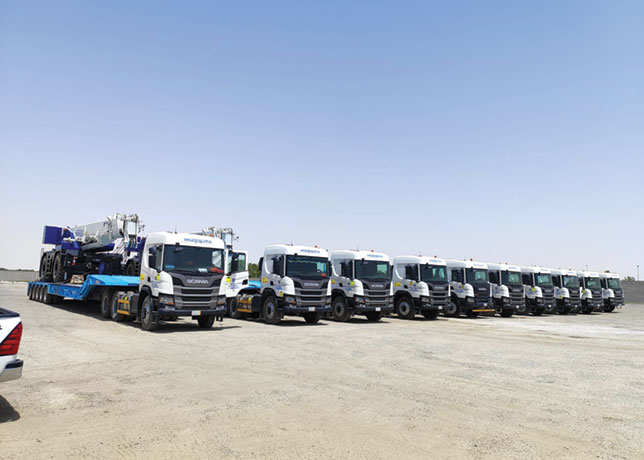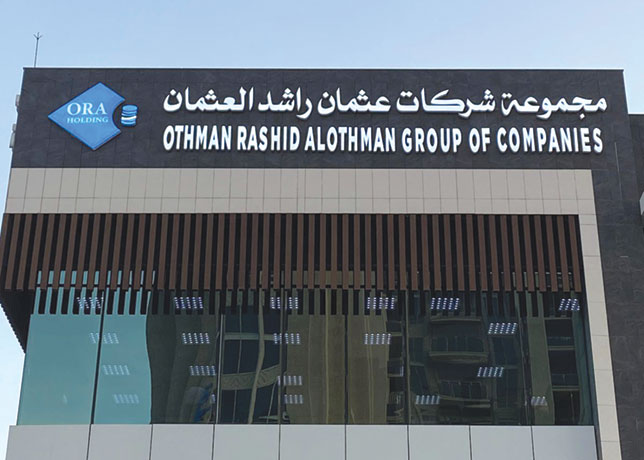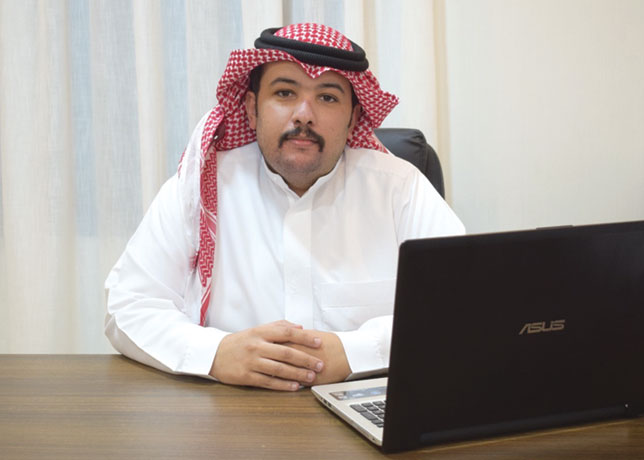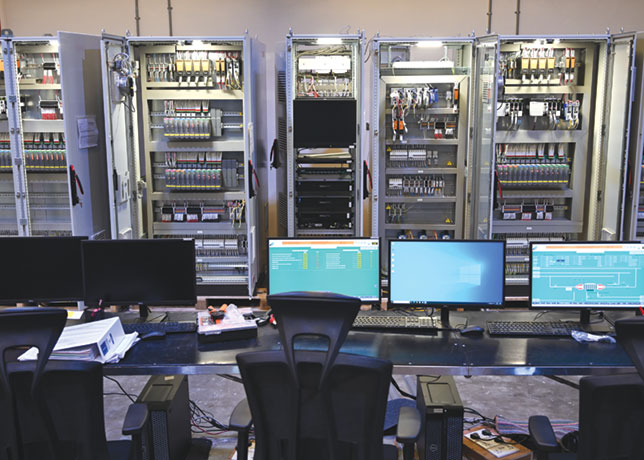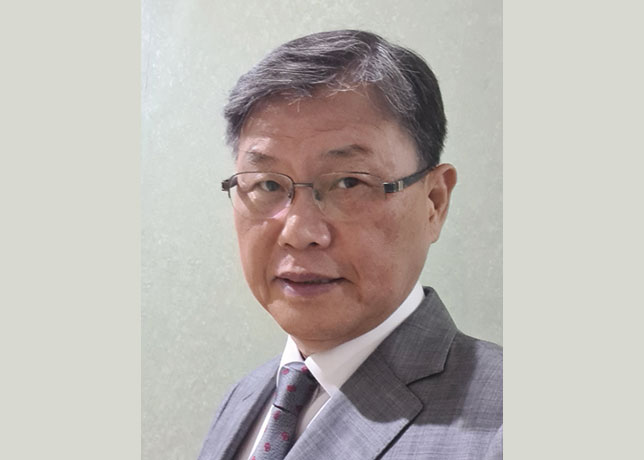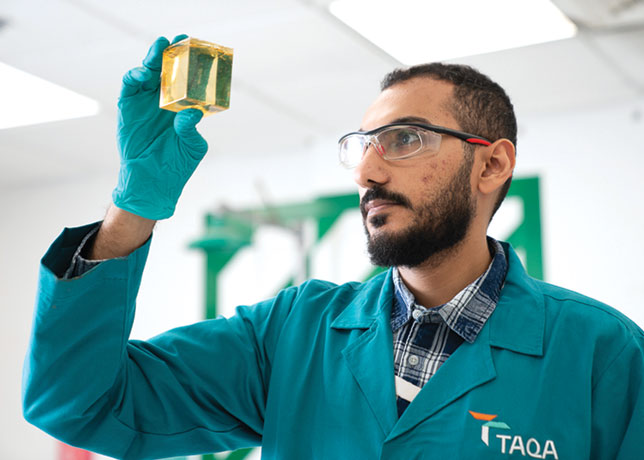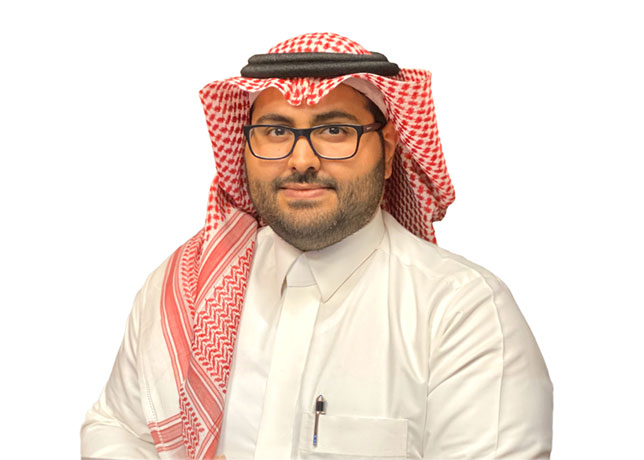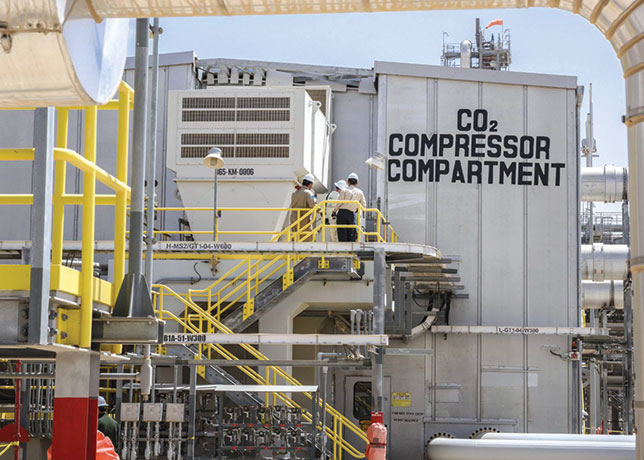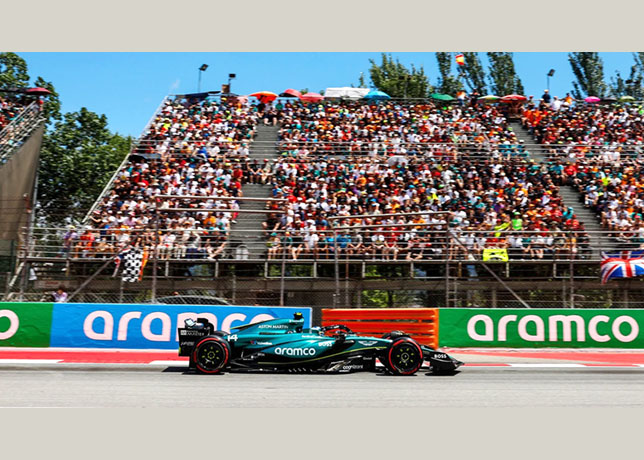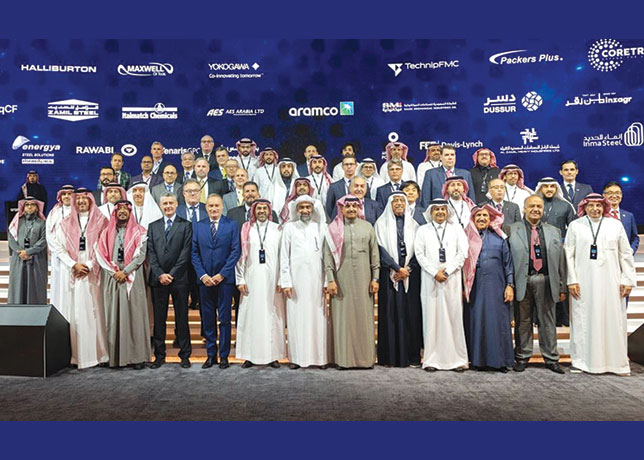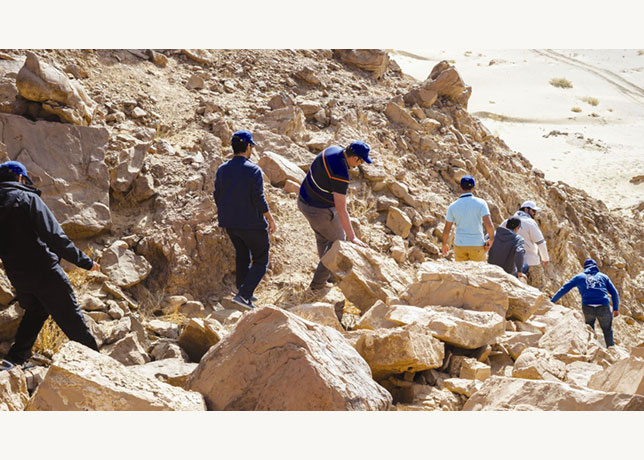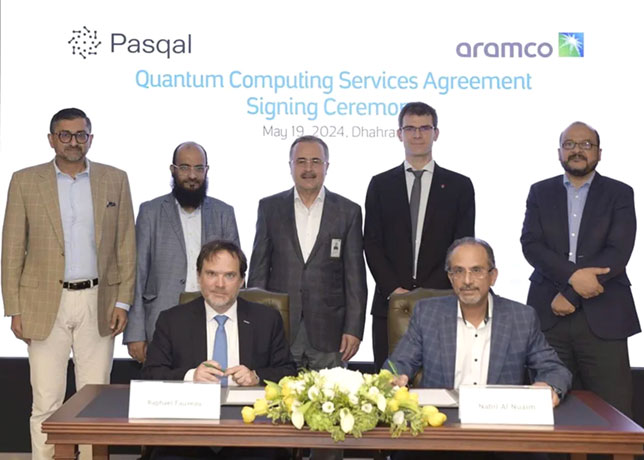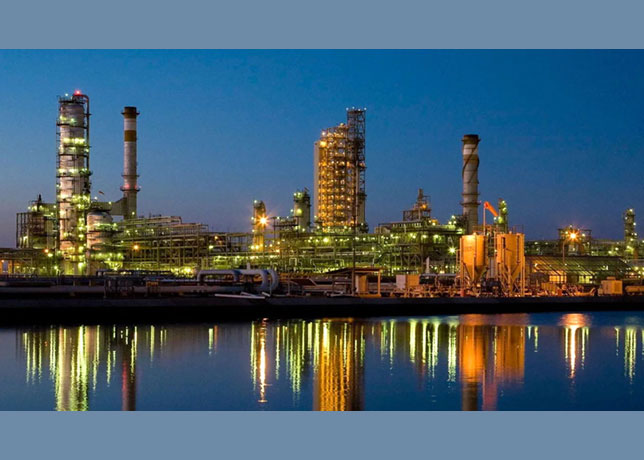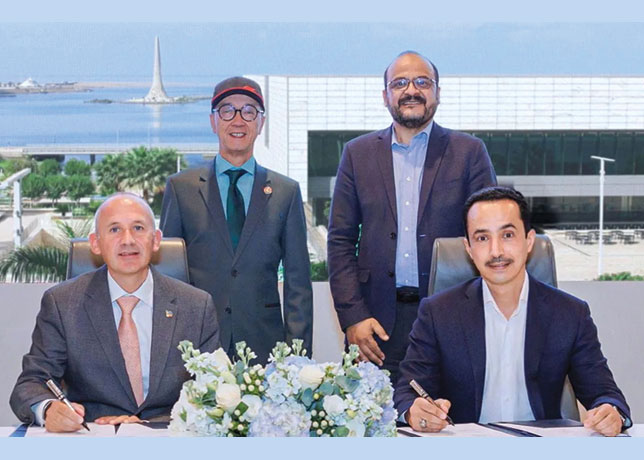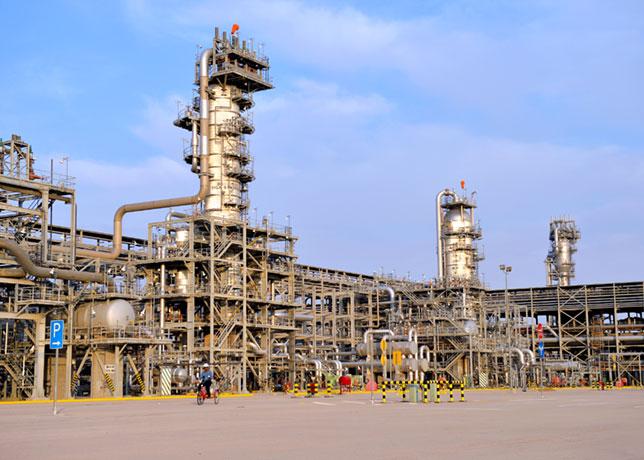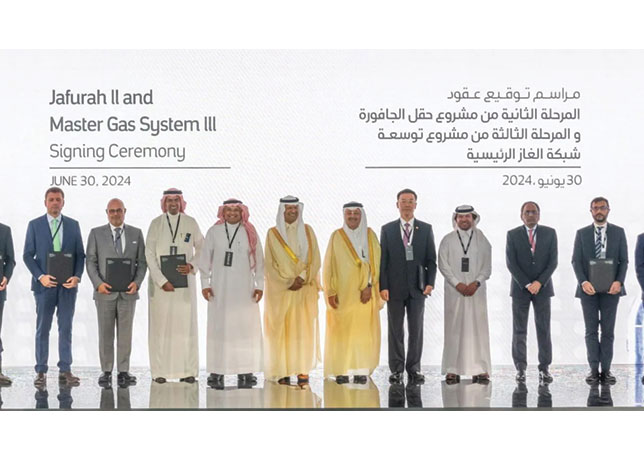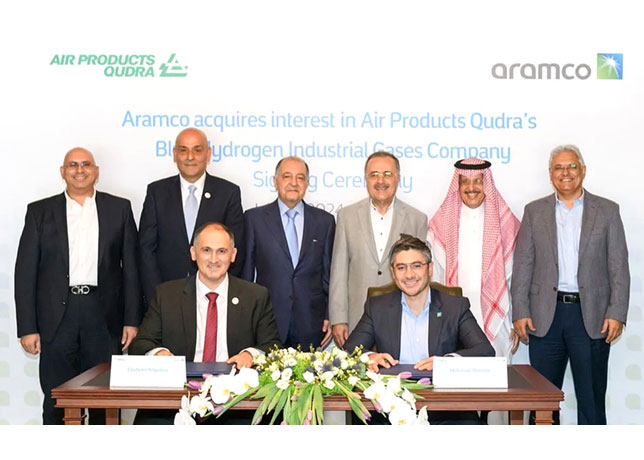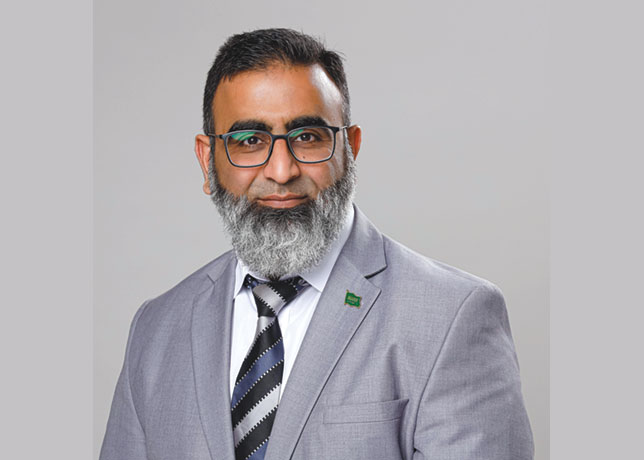
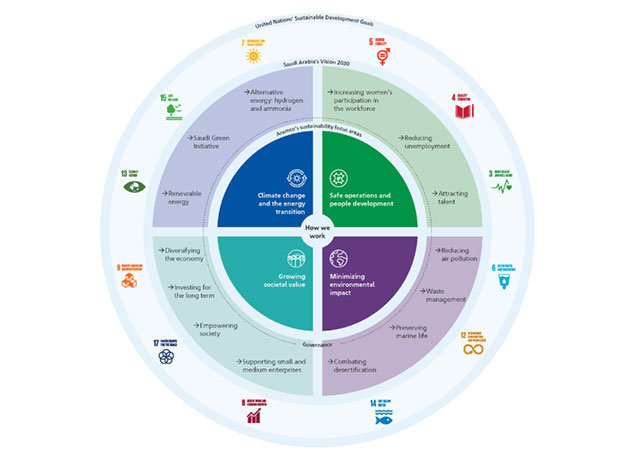 Aramco's sustainability framework
Aramco's sustainability framework
Aramco continues to deliver conventional energy with lower carbon intensity, through various pathways, including improving the energy efficiency of its operations. Aramco’s sustainability framework is articulated around four focus areas where the company has the greatest influence, in order to create long-term real positive impact
Aramco has put sustainability at the heart of its business strategy and its response to energy transition, one of the defining challenges of our time.
In a world of increasing energy demand, Aramco will continue to deliver conventional energy with lower carbon intensity, through various pathways, including improving the energy efficiency of its upstream and downstream operations, minimising flaring and using innovative technologies to further reduce its greenhouse gas emissions (GHG) across its operations, says Aramco's Sustainability Report 2023, which was released in May this year.
The report demonstrates the progress the company has made to encourage sustainability in its operations and to support the kingdom’s sustainable development.
'These efforts have led us to attain and maintain an upstream carbon intensity (9.6** kg CO2 e/boe under the market-based method and 10.7** kg CO2 e/boe under the location based) that ranks among the lowest in our industry,' says the Executive Summary of the report. (**This figure has undergone external limited assurance in accordance to the ISAE 3000 (revised). The assurance report can be found online on the Sustainability section of Aramco's website).
'Our low upstream carbon intensity competitive advantage was evident in 2023, when we delivered our first independently-verified carbon offset crude cargo, a pilot shipment of 2MM bbl of Arabian Light crude oil with tracked product-level carbon emissions. This shipment, the first of its kind in the Middle East, entailed a calculation of carbon intensity of 2.42** kg CO2 e/boe for the production and loading stages,' it said.
 |
Aramco’s Dhahran RD Center focuses on sustainability, apart from the upstream and downstream domains |
In an introduction to the report, Yasir O Al-Rumayyan, Chairman of the Board of Directors of Aramco, says: 'For Aramco, sustainability means going above and beyond just being a reliable supplier of energy to customers around the world. It also means being a responsible corporate citizen environmentally, socially and economically. This is underpinned by our focus on addressing climate change as part of the global energy transition, maintaining safe operations while ensuring people development, minimizing environmental impacts, and also continuing to grow societal value.'
How to facilitate the transition toward a more climate-conscious tomorrow without disrupting the manufacturing, trade, and transportation that are so essential to billions of lives today is one of the defining challenges of our time, he says.
'Supporting the energy transition, Aramco is intent on being part of the global solution. With the world’s energy demand continuing to grow, we are striving to ensure reducing GHG emissions in our conventional energy – which remains critical to meeting demand. We are pursuing a variety of pathways to achieve that objective, including by improving the energy efficiency of our operations, minimising flaring and further reducing our GHG emissions. These efforts have helped us to attain an upstream carbon intensity that is ranked among the lowest in the industry.'
He continues: 'We know that global net-zero ambitions cannot be achieved solely by reducing the emissions associated with conventional energies. The success of the transition to a lower emissions future will also hinge on the availability of multiple lower carbon options, some of which may be more suitable in certain contexts than others. That is why we are pursuing the development and deployment of technologies and tools that can contribute to global emission reduction efforts, including carbon capture and storage, 'drop-in' lower-carbon fuels, blue hydrogen, renewables, and offsets.'
COLLABORATING TO DRIVE MORE SUSTAINABLE SOLUTIONS
Aramco’s role as the indispensable partner to a realistic and robust energy transition puts the company in a unique position. 'We take the responsibility seriously and have put sustainability at the heart of our strategy. Old problems are being met with new solutions and I am proud of what we have achieved,' says Amin Nasser, President and CEO.
 |
Aramco's some key sustainability performance data |
Collaboration is a key part of the company’s approach and it has been working with Siemens Energy on a brand-new Direct Air Capture test unit at our Dhahran base in Saudi Arabia. This new test unit is expected to have the capacity to capture up to 12 tons of CO2 from the atmosphere per year and could pave the way for a larger plant with the ability to capture more than 100 times that amount.
Alongside Danish technology leader Topsoe, the company plans to build a lower-carbon hydrogen production demonstration plant at Shaybah, deep in the desert.
'We expect to have a production capacity of six tons of hydrogen per day and use renewable electricity in electrified steam reforming of hydrocarbons to produce lower-carbon hydrogen for use in power generation, with resulting CO2 being captured and sequestered,' adds Nasser.
On carbon sequestration, the company has piloted a novel method with its partners at King Abdullah University of Science and Technology using situ mineralisation which involves dissolving CO2 in water and injecting it into volcanic rocks. This process permanently converts CO2 into carbonate rocks, and has led to the development of innovative technologies that reduce cost and increase efficiency.
'Our partnerships also extend to our Downstream business where we furthered our long-term goal of directing up to four million barrels per day into liquids-to-chemicals by 2030. In Asia we broke ground on two integrated refinery and petrochemical complexes, one through our affiliate S-Oil in South Korea and another through a joint venture, HAPCO, in China. We also acquired a 10 pe cent stake in Chinese petrochemical company, Rongsheng,' he remarks in the report.
SUPPORTING LOCAL COMMUNITIES
Aramco’s Namaat industrial investment programme continues to support new industries in the Kingdom. One such example from 2023 is the establishment of an integrated steel plate manufacturing complex in Ras al-Khair Industrial City. This joint venture with Baosteel and the Public Investment Fund will be the first facility of its kind in the region, creating jobs and growing the economy. It is also expected to help localise our supply chain, an important iktva objective.
A novel non-metallic solutions joint venture with Baker Hughes is another supply chain localisation success. The development and commercialisation of nonmetallic products at the King Salman Energy Park (Spark) is helping create a thriving in-Kingdom energy value chain. The nonmetallic reinforced thermoplastic pipes being produced are corrosion resistant and easier to install. This means that as well as the localisation benefits in production this new material also mitigates carbon in the field too.
On production, hydrocarbons will increasingly be used without combustion, providing essential ingredients for new and innovative materials needed for the energy transition, he says.
The report said environmental stewardship is integral to the energy major's approach. From air to water to waste, it is applying circular economy principles to reduce impacts, restore ecosystems, and increase biodiversity.
In 2023, the company met and exceeded its interim target of achieving 30 per cent increase in biodiversity net positive impact against its 2022 baseline, with the expansion of its Biodiversity Protected Areas (BPAs).
'We are implementing various initiatives to conserve natural water resources and reduce dependency on non-renewable water supply in pursuit of our water neutrality aspiration, while working to meet our corporate waste management strategy milestones,' the report notes.
In 2023, the company continued delivering on its diversity aspiration with an increase in both the number of females in workforce and in leadership positions.
'We actively promote a culture that values employee health and well-being and we enforce strict safety protocols in all of our facilities and workplaces. We are also working to embed our values and working standards throughout our supply chain, via engagements with our contractors, partners, and suppliers,' says the report.
'Our commitment to growing societal value saw us working to build local capacities and investing in local citizens while creating values for host communities where we operate through social investment programmes. This includes our supply chain localisation efforts, in which Aramco has played a central role since its inception 90 years ago. As we expand our business globally, we will continue to mobilise our capabilities and allocate resources where they can make a tangible and positive difference to people’s lives.'
Aramco’s sustainability framework is articulated around four focus areas where the company has the greatest influence, in order to create long-term real positive impact. The framework outlines its sustainability focus areas, identified through the conducted materiality assessment and extensive stakeholder engagement. Each of these focus areas supports Aramco’s corporate strategy and aligns with both Saudi Arabia’s Vision 2030 and the UN Sustainable Development Goals. The sustainability focus areas and sustainability performance is overseen by governance provided by its Board of Directors.
The report lists the following focus areas and sustainability performance achieved:
CLIMATE CHANGE AND THE ENERGY TRANSITION
The company aims to provide affordable and reliable energy and remain one of the lowest upstream carbon intensity producers of hydrocarbon products, while it continues advancing towards its ambition of achieving net-zero Scope 1 and Scope 2 GHG emissions across wholly-owned operated assets by 2050.
• Established the New Energies organisation following the endorsement of its long-term strategy to develop and implement lower-carbon solutions for Aramco;
• Reduced its upstream methane emissions by 5.1 per cent and maintained an upstream methane intensity of 0.05 per cent**;
• Implemented energy efficiency initiatives resulting in avoidance of 0.73 MMtCO2e;
• Played a key role in the Oil and Gas Decarbonization Charter, a global industry charter established at COP28;
• Delivered Aramco’s first independently-verified carbon offset crude cargo – a pilot shipment of 2 MMbbl of Arabian Light crude oil with a product-level carbon emissions intensity and emissions management plan in line with PAS2060;
• Retired around 500,000 carbon credits, equivalent to 0.5 MMtCO2e, against corporate emissions, and bought the largest amount of carbon credits in the Regional Voluntary Carbon Market Company’s second auction in Nairobi, Kenya in June 2023.
SAFE OPERATIONS AND PEOPLE DEVELOPMENT
Aramco aims to provide a safe and respectful working environment for all, on-site, and within the community, supported by comprehensive policies, procedures, and resources. It strives to support, diversify, and empower our workforce.
• Achieved a 16 per cent reduction in the total recordable case rate, representing the best company performance on its record;
• Reached record hiring levels with the company's headcount reaching over 73,300 employees;
• Over 20 per cent of direct hires were female;
• 26.3 per cent increase in the percentage of female employees in leadership positions;
• The National Training Centers have collectively had 57,943 graduates since inception;
• Largest-ever College Preparatory Program cohort to graduate with 358 students;
• More than 2,000 students benefited from the Intermediate Science, Technology, Engineering and Mathematics (STEM) program in collaboration with the Ministry of Education.
MINIMISING ENVIRONMENTAL IMPACT
From groundwater to waste management, Aramco's approach is focused on minimising the environmental impact of its operations, and preserving ecological biodiversity. The company strives to conserve natural resources, apply circular models across its value chain, and build a legacy of projects that improve both natural habitats and shared resources.
• Achieved 100 per cent** ISO 14001 certification at 52 upstream and downstream asset-based organisations enrolled in Aramco’s Environmental Management System;
• Continued upgrading Sulfur Recovery Units with tail gas treatment units;
• Designated additional Biodiversity Protection Areas (BPAs) bringing the total number of BPAs to 14 covering over 1,700 sq km;
• Continued pursuing a water neutrality aspiration through water management initiatives;
• Planted approximately 6.5 million mangroves and an additional 1.1 million native trees in the kingdom during the year.
GROWING SOCIETAL VALUE
With the company's headquarters in Saudi Arabia, it has invested in the kingdom’s oil and gas ecosystem to enhance the reliability of its supply chain by building local capacities, thereby providing employment and economic opportunities to thousands of Saudi nationals. Aramco's dedication to grow societal value extends beyond the kingdom through its social investment projects, where it works together with host communities around the world.
• Continued commitment to building the capacity of local staff with over 24 per cent increase (15,099 in 2023 versus 12,160 in 2022) in the number of people on its sponsored community programs;
• Provided growth acceleration services, via the Taleed program, to support small and medium-sized enterprises (SMEs) sustainability and scale up including partnership and network building, business development, and attracting investments;
• Made social investments to the value of $475 million in Saudi Arabia and abroad;
• Aramco and its employees donated over $18 million for disaster relief globally.
By Sree Bhat







































































